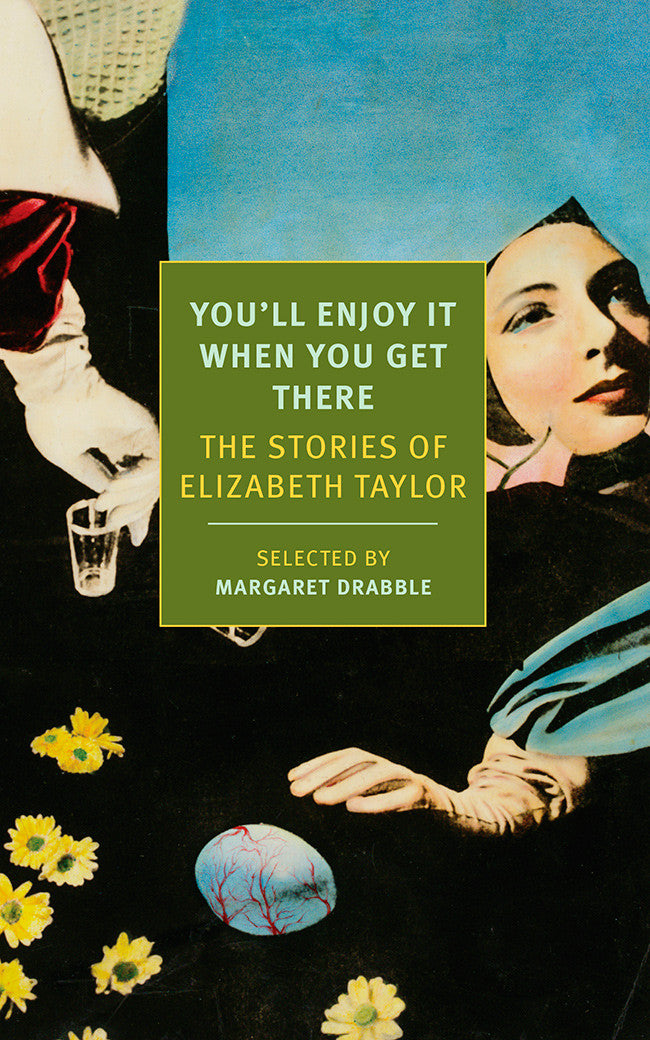Elizabeth Taylor is finally beginning to gain the recognition due to her as one of the best English writers of the postwar period, prized and praised by Sarah Waters and Hilary Mantel, among others. Inheriting Ivy Compton-Burnett’s uncanny sensitivity to the terrifying undercurrents that swirl beneath the apparent calm of respectable family life while showing a deep sympathy of her own for human loneliness, Taylor depicted dislocation with the unflinching presence of mind of Graham Greene. But for Taylor, unlike Greene, dislocation began not in distant climes but right at home. It is in the living room, playroom, and bedroom that Taylor stages her unforgettable dramas of alienation and impossible desire.
Taylor’s stories, many of which originally appeared in The New Yorker, are her central achievement. Here are self-improving spinsters and gossiping girls, war orphans and wallflowers, honeymooners and barmaids, mistresses and murderers. Margaret Drabble’s new selection reveals a writer whose wide sympathies and restless curiosity are matched by a steely penetration into the human heart and mind.
For years, Taylor's short stories—painfully smart, hilarious, dark—have been entirely out of print in the United States.
—Britt Peterson, The New Republic
I find the writing of Elizabeth Taylor fresh, and inevitably hitting the right nail on the head in every sentence. In fact I find her so unbelievably good, kind, stimulating, catty and subtle that I forget I'm a critic.
—John Betjeman
Passion at cross-purposes with respectability—passion at cross-purposes, even, with happiness—is a great theme in Taylor's fiction.
—Caleb Crain
Taylor's vulnerable characters are simultaneously touching and heartbreaking.
—Publishers Weekly starred review
The short story [is] a form in which Taylor, a gimlet-eyed miniaturist, fully exploited her talents.
—Benjamin Schwarz, The Atlantic
There is a deceptive smoothness in her tone, or tone of voice, as in that of Evelyn Waugh; not a far-fetched comparison, for in the work of both writers the funny and the appalling lie side by side in close amity.
—Kingsley Amis
Taylor's stories, like her novels, are also filled with interesting and original ideas about life that are presented with almost no emphasis, ideas that other novelists would practically underscore and print in bold.
—Financial Times
Taylor was ahead of her time in so many ways. She wrote about women’s lives with a keen eye for what goes on beneath the surface and behind the curtains.
—The Booklist Reader
In all the stories there is a peculiarly satisfying mixture of wit and generosity. Their human depth is such that they can be read again and again.
—Margaret Drabble
Her stories remain with one, indelibly, as though they had been some turning point in one's own experience.
—Elizabeth Bowen


